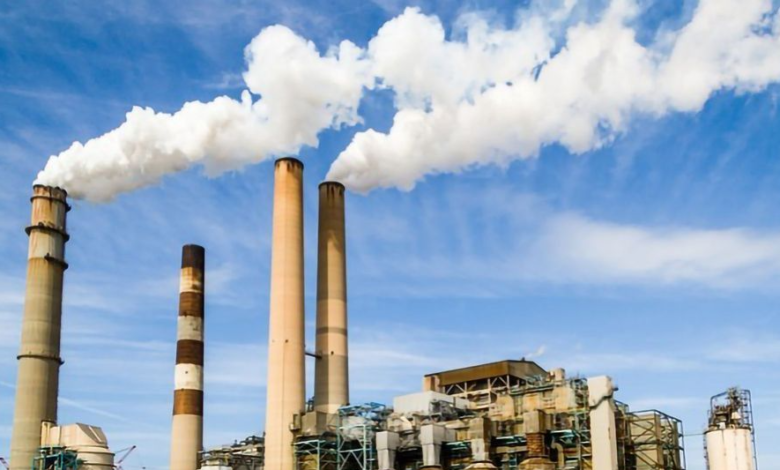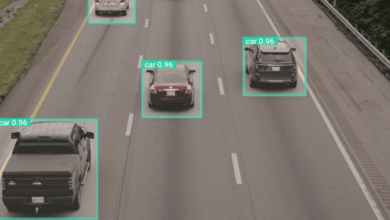Scientific Insights into Air Quality and Public Health

When you take a deep breath, have you ever thought about what you’re actually inhaling? The air around us can profoundly impact our health in ways we may not fully realize. From respiratory diseases to cardiovascular issues, poor air quality is linked to a wide array of health concerns.
This blog dives into the science of air quality and its implications on public health. By the end, you’ll understand why awareness matters and how experts like air quality consultants are working to make a difference.
How Air Pollution Affects the Human Body
Respiratory System Impacts
The respiratory system is the most immediate victim of polluted air. Pollutants such as fine particulate matter (PM2.5) and nitrogen dioxide (NO2) can irritate airways and lead to chronic illnesses such as asthma, bronchitis, and even lung cancer. According to the World Health Organization (WHO), air pollution is responsible for around 7 million premature deaths annually, with a significant portion attributed to respiratory diseases.
Even short-term exposure to poor air quality can exacerbate pre-existing respiratory conditions. For example, during major pollution events like wildfires, emergency room visits for asthma-related issues spike significantly.
Cardiovascular Effects
While many people think of air pollution as solely a respiratory issue, it also wreaks havoc on cardiovascular health. Studies reveal that fine particulate matter can enter the bloodstream, causing inflammation and damaging blood vessels. This puts individuals at a higher risk for heart attacks, strokes, and other cardiovascular diseases.
One study from the American Heart Association showed that long-term exposure to polluted air can lead to increased rates of hypertension and diabetes, underscoring the need for widespread intervention to reduce pollution levels.
Cognitive and Neurological Concerns
Beyond the lungs and heart, polluted air may also affect the brain. Emerging research suggests a connection between air pollution and cognitive decline, especially in older adults. Prolonged exposure to certain toxins may even contribute to neurodegenerative diseases like Alzheimer’s and Parkinson’s.
Children are particularly vulnerable as their developing brains are more susceptible to damage. Studies have shown that exposure to air pollution during pregnancy can impact a child’s IQ and cognitive development.
See also: Advantages of Optical TPU Technology for Clear Bra Owners
The Broader Public Health Challenge
Disproportionate Impact on Vulnerable Communities
Air pollution does not affect everyone equally. Low-income and marginalized communities often live closer to industrial areas or high-traffic zones, exposing them to higher levels of harmful pollutants. This disproportionate exposure exacerbates existing health disparities, making it imperative to address air quality from an equity standpoint.
Furthermore, children, the elderly, and individuals with pre-existing health conditions represent high-risk groups who bear the brunt of the health impacts associated with pollution.
Economic and Healthcare Costs
The public health challenges tied to poor air quality come at a staggering financial cost. Increased healthcare expenses, productivity loss due to illness, and reduced workforce participation collectively weigh heavily on national economies. For example, the European Union estimates that air pollution costs its members hundreds of billions of euros annually in healthcare and economic losses.
The role of air quality consultants becomes crucial here as they help cities and organizations identify pollution hot spots and develop strategies to mitigate its massive financial burden.
Scientific Advances in Addressing Air Quality
Monitoring and Data Analysis
Technological advancements are making it easier than ever to monitor air quality in real time. Innovative sensors and satellite data now provide highly accurate and localized pollution readings. These tools empower governments and private organizations to identify areas of concern and prioritize mitigation efforts effectively.
Air quality consultants often leverage such tools to help businesses and municipalities align with environmental standards and improve public health outcomes.
Cleaner Technology and Renewable Energy
The push for cleaner technology is a critical part of reducing pollutants. Transitioning to renewable energy sources such as wind and solar, as well as adopting electric vehicles, significantly reduces harmful emissions.
Enterprises have also started integrating sustainable manufacturing processes that limit their carbon footprint. These measures are not only beneficial for communities but also align with the increasing demand for environmentally conscious business practices.
Small Changes, Big Impacts
Individual Actions
While governments and industries play a vital role, individuals can make meaningful contributions too. Simple actions such as using public transport, cycling, or adopting energy-efficient appliances can help reduce air pollution. Sharing knowledge and raising awareness about air quality also encourages others to contribute toward creating a cleaner environment.
The Importance of Collective Action
Tackling air quality challenges requires a collaborative approach. Governments must enforce stricter regulations, industries must innovate for sustainability, and communities must be vocal advocates for clean air.
By working together, a future with healthier air and improved public health is entirely achievable.
Breathing Easier Moving Forward
The relationship between air quality and public health is undeniable. From immediate respiratory effects to long-term cardiovascular and cognitive damage, polluted air poses a significant threat to our well-being. Yet, through technological innovation, grassroots action, and expert guidance from air quality consultants, we have the tools to combat this issue.
Are you curious about how you can contribute or need help improving the air in your area? Start by understanding the quality of the air you breathe. Together, we can ensure that future generations inherit a planet where every breath is a healthy one.





